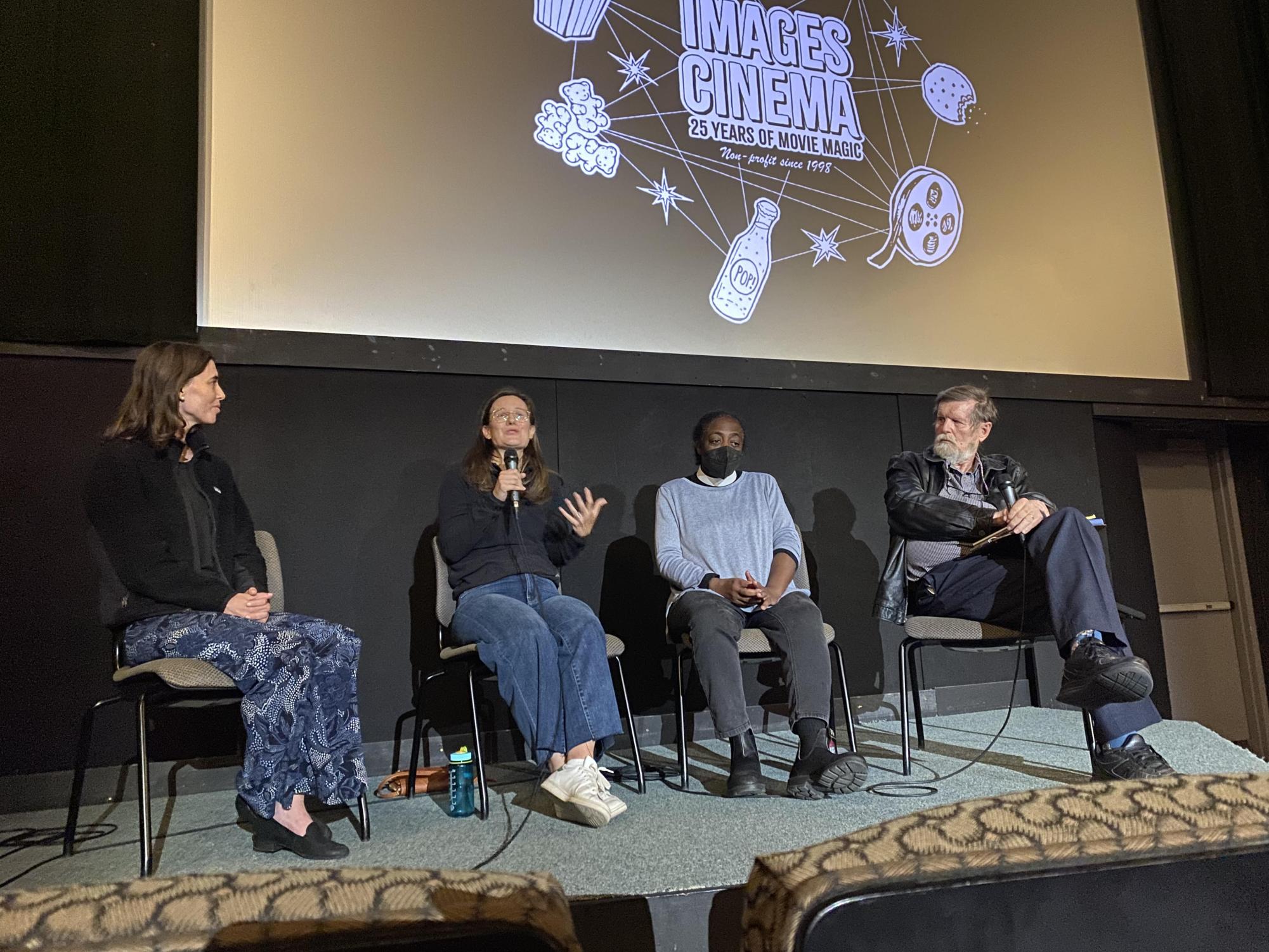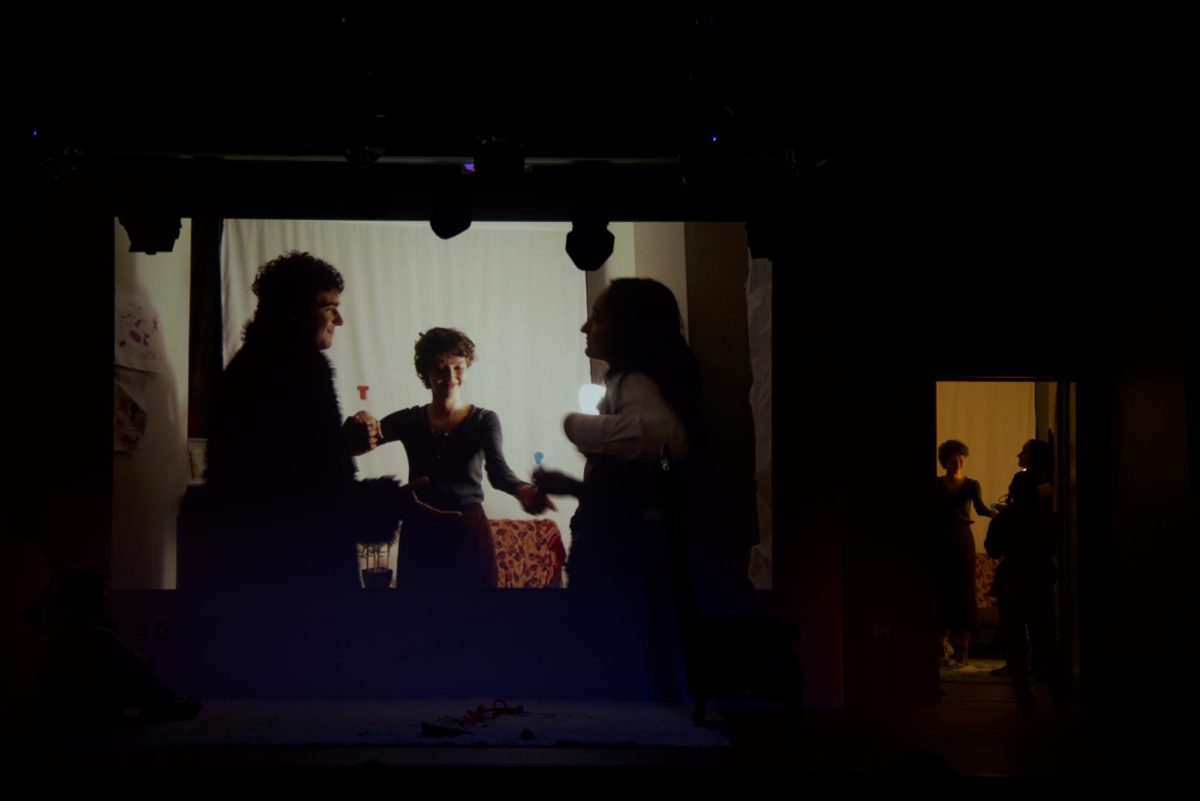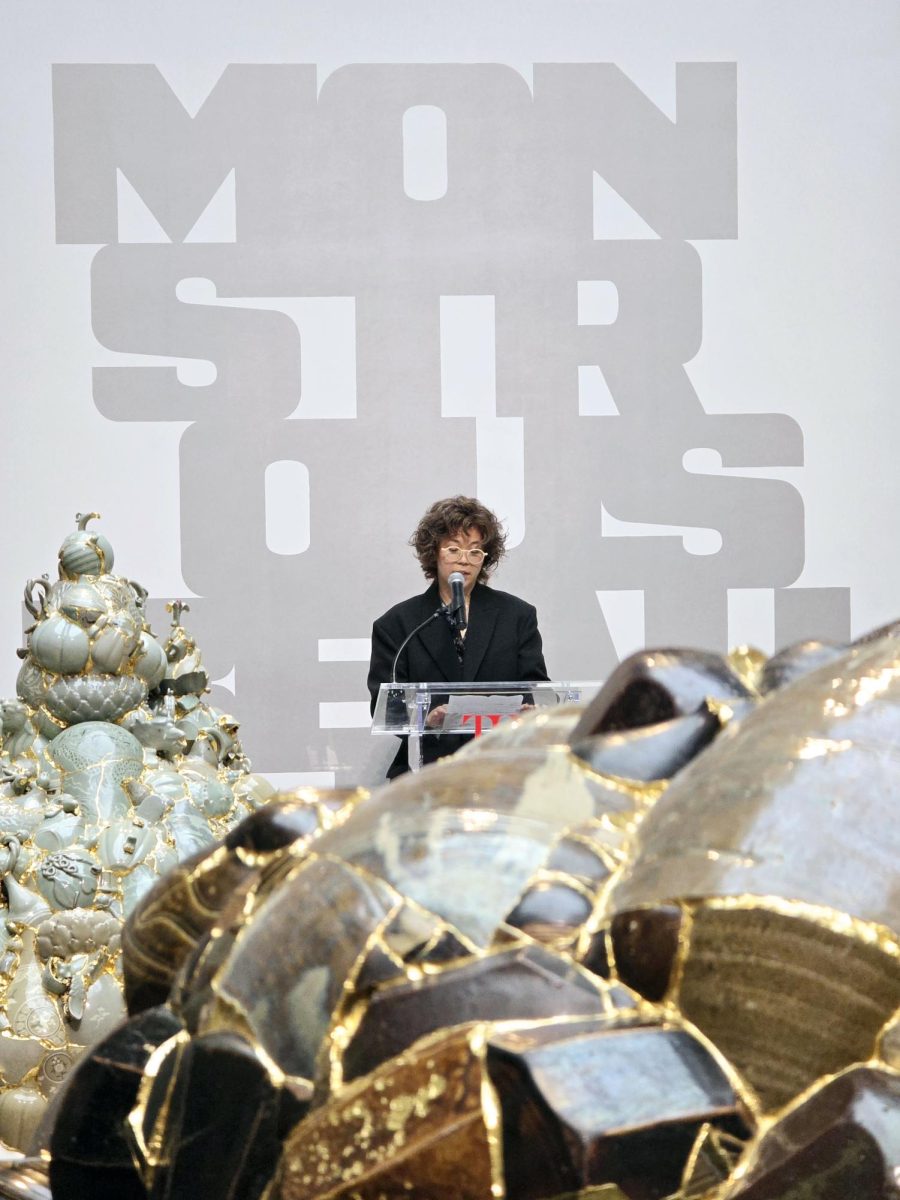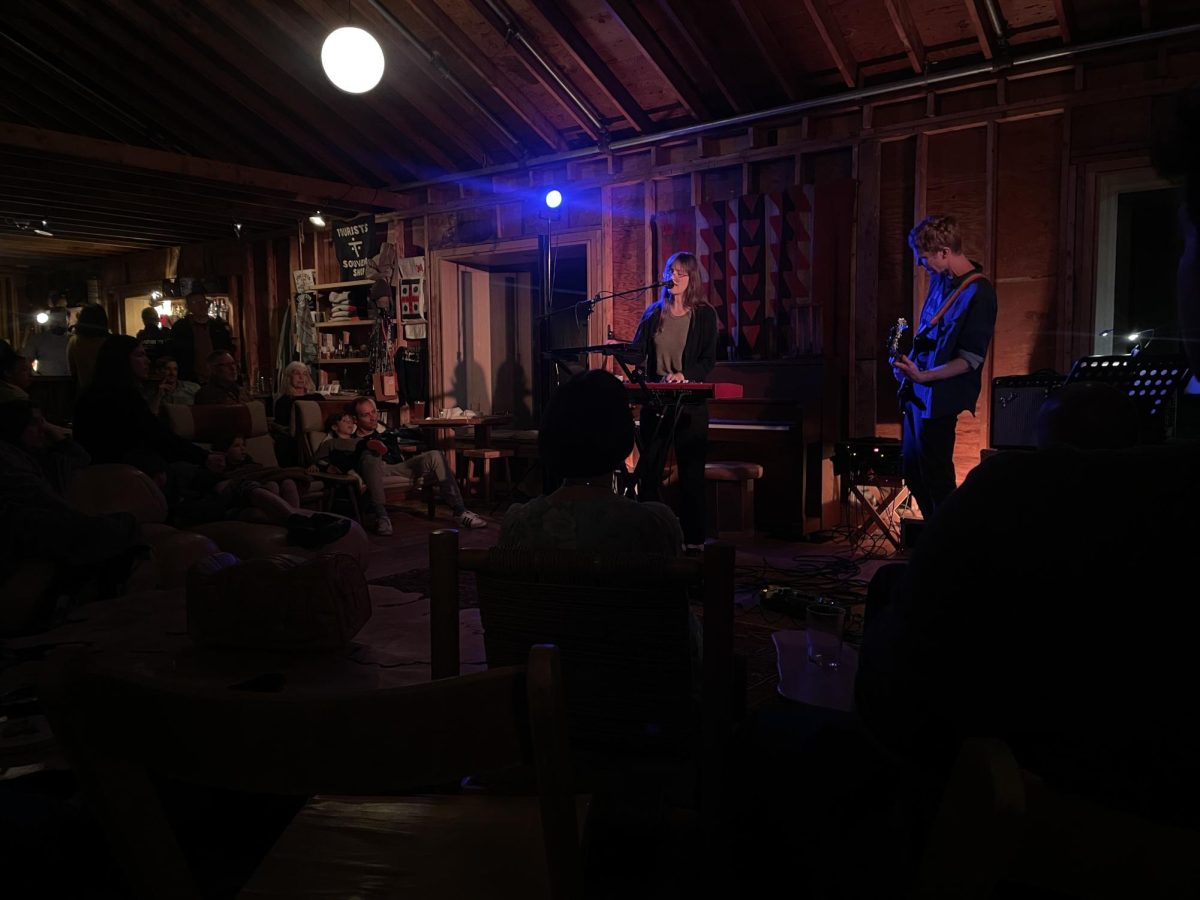
In an effort to encourage discussions about civic responsibility in the Northern Berkshires, Images Cinema screened the first film in its Civic Cinema series on Monday. Held on Mondays at 7 p.m. through Oct. 7, the free screenings also feature conversations about civic engagement.
Each film begins with a social hour ahead of the screening, during which different organizations invited by Images can table and talk to attendees. Greylock Together — a local chapter of the national progressive organization Indivisible — will also be present at each film to encourage viewers to register to vote. Each evening culminates with a talkback moderated by Executive Director of WilliNet Debby Dane, during which attendees have an opportunity to consider how the film connects to issues in the Berkshires. In an interview with the Record, Images Executive Director Dan Hudson said the inspiration for the series emerged from his dialogue with different members of the community.
“First, it’s election season, so a lot of people are thinking about democracy, civics, and polarization — all these sorts of things that are being explored in these films,” he said.
Hudson added that his recent meetings with local nonprofits also played a role. “I’ve been trying to think about the different types of films [we could screen] or different ways that we could maybe partner and involve some of those organizations.”
This kind of community dialogue, Hudson said, is apparent in the structuring of the event. “The goal is to have more of a moderated discussion where we’re hearing somewhat from the folks on the stage, but we’re not necessarily bringing people who are experts on these issues,” Hudson said. “Kind of like, ‘What is it like for you after watching this film? How does this relate to you?’ So it’s more of a jumping off point for a conversation, versus a Q&A about the film itself.”
Images kicked off the series on Monday with a screening of Bad Faith, a documentary directed by Stephen Ujlaki tracing the roots of American Christian nationalism and its role in the Jan. 6 attacks on the Capitol. This particular screening was co-sponsored by the First Congregational Church of Williamstown and the College chaplains. For the latter, this is a continuation of a previous collaboration with Images — in April they partnered for a screening of God & Country: The Rise of Christian Nationalism at the theater.
Civic Cinema’s next screening on Sept. 30 will be Join or Die, a documentary directed by Pete and Rebecca Davis about how joining organizations and finding community could be fundamental to saving democracy in the United States. Relevant community organizations including the Berkshire Immigrant Center and the Northern Berkshire Community Coalition will be in attendance at the event.
The series will conclude with an Oct. 7 screening of Girls State, a documentary directed by Jesse Moss and Amanda McBaine that follows a group of young female leaders from different backgrounds in Missouri as they work on an experiment to design a government from scratch. To complement the younger subjects of the documentary, Images has invited local high schoolers, as well as the organization 18 Degrees, which runs programming throughout the Berkshires in child growth and development.
Bridget Power, the Catholic chaplain at the College, spoke about the collaborations between the College’s chaplains and Images. “Any chance to come together to listen and be with one another is a good thing,” she told the Record. “I hope that watching and talking about this film will help facilitate further community building and understanding.”
In the community-oriented spirit of the event, Hudson said he hoped the screening of Bad Faith would draw a diverse group from the College and Town. “There was this intentionality of, like, “Yes, the First Congregational Church and the chaplain’s office are involved, but there’ll also be other leaders from other churches in the area, and hopefully their congregations are also coming,” he said. “So parts of those different religious communities, as well as the wider public, the College, and the secular community are all in dialogue together.”








